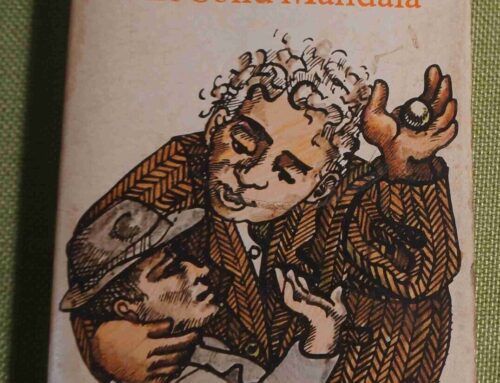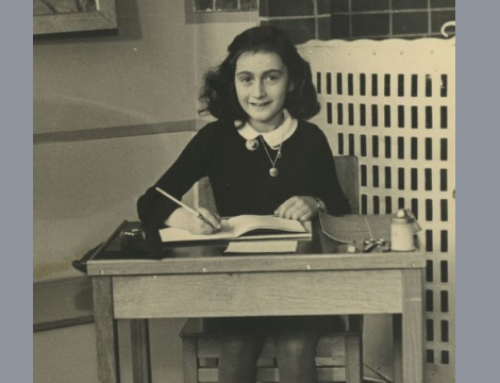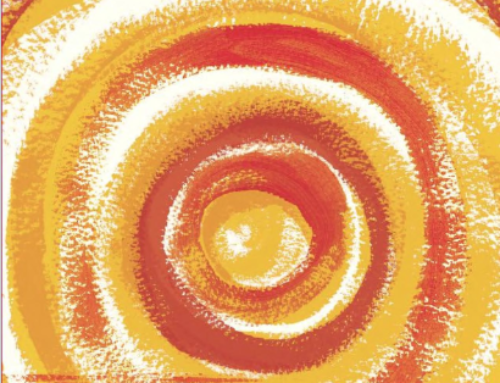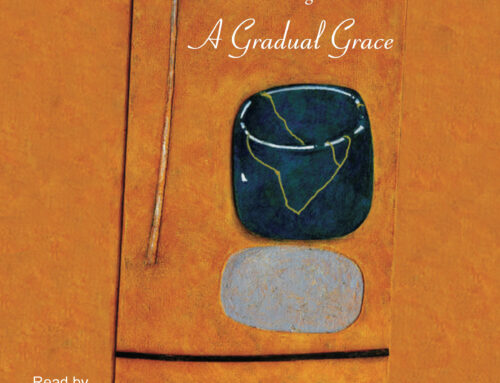Behrouz Boochani’s memoir of his arrival at Christmas Island as an asylum seeker, and subsequent indefinite incarceration on Manus Island, is in itself a miracle of survival and of testimony. To tell the unthinkable in impossible circumstances is an extraordinary act of courage and truth-telling. This is a book that deserves to be read, not just by sympathisers and supporters, but by those who avoid facing the horrible truths of the underside of our nation, and those in power who exercise and justify this regime of cruelty, abuse and torture. An article on The Conversation written November 17 2017 gives the facts:

Re those who returned to their country of origin (a practice called refoulement), Boochani tells us of the visit of the Minister for Immigration to Manus; I think this refers to Scott Morrison’s visit in 2013.
He sits on a chair inside the container alongside Fox Prison. The officers gather five or six prisoners together, prisoners who don’t even know where they are going, to listen to what the Minister has to say. The Minister points his finger like a dictator at these few individuals. He speaks in haste. He delivers his words with intentional force. He say, ‘You have no chance at all, either you go back to your countries or you will remain on Manus Island forever.’ He leaves in a hurry. This is the sum of the events of the day.
These are the words and actions of the man who has just become our Prime Minister. No wonder that self-harm has become a cultural practice in the prison.
When someone cuts themselves, it elicits a form of respect among the prisoners. However, the criterion for status pertains to the depth of the slit, the severity of the wound. The more terror inflicted, the greater the credibility. It is unwritten and cryptic — but it is real.
One cannot review this extraordinary book without mentioning the work of the translator, Omid Tofighian, a philosopher, academic and activist. His reflections bookend the memoir, with a preface and an essay. The translation process has been complex. Initial conversations were carried on via Facebook, then WhatsApp. With the poor connection to Manus Island, there has been no direct real-time conversation, just text and voice messages. Some of the writing was sent direct via WhatsApp, but usually long passages of text were sent to a refugee advocate who arranged the text messages in PDFs. Events such as the three-week siege after the forced closure of the prison camp in October 2017 interrupted the literary process. This complex process was shaped both by the external events and by the challenge to translate Farsi, which “usually consists of long elaborate sentences with many different kinds of clauses in consecutive order.” Tofighian has used various literary devices to covey meaning without losing the density and lyrical intensity of the original, which has “elements of Kurdish folklore and resistance, Persian literature, sacred narrative traditions, local histories and nature symbols, ritual and ceremony,” as well as Western influences (Kafka, Camus, Beckett). The narrative shifts between prose and poetry. The book is a decolonial intervention into the prison “as a neo-colonial experiment.” Naming is an important feature; humorous monikers and descriptive phrases, like The Gentle Giant, The Cow, The Cunning Young Man, The Prophet, are given to characters who are composite, not based on specific individuals (to protect their identity) except for two men who died on Manus, Reza Barati (The Gentle Giant) and Hamid Khazei, who are named as a mark of respect and because they are in the public domain.
A key concept in the prison narrative is The Kyriarchal Sytem. Boochani describes in detail the strategies of this oppressive system of torture and control, which dehumanises and subjugates the inmates.
The Kyriarchal System governing the prison is to turn the prisoners against each other and to ingrain even deeper hatred between people. Prison maintains its power over time; the power to keep people in line. Fenced enclosures dominate and can pacify the most violent person — those imprisoned on Manus are themselves sacrificial subjects of violence. We are a bunch of ordinary humans locked up for simply seeking refuge.
In this community of four hundred people (in Fox Prison), in boiling heat and filthy conditions, traumatised still by their near-drowning at sea, all personal belongings confiscated, no notebook or pen, the men find different ways of surviving and passing the time. For Bookhani, his greatest desire is for silence, solitude, to stand naked in the middle of a lush jungle, for a cool breeze. Creativity is his escape, his key to survival. Visions, memories of his homeland, the freedom of sitting inside the prison fence at night, feet up on the barriers, dreaming of freedom while “engulfed in my cigarette smoke.”
These nights uncover many years of tears deep in our hearts and open old wounds; they plough into every dimension of our existence; they draw out the bitter truth; they force the prisoners to self-prosecute. Prisoners are driven to crying tears of bitter sorrow.
How to end this review? I could write a book about it. But there is no point in that. My hope is that others will read No Friend But the Mountains, and my prayer is that these men will be released from the nightmare they have been trapped in and helped to find places where they can live with safety, dignity, and comfort, and if possible, be reunited with their families. So sad, so sad. There are no words adequate.




